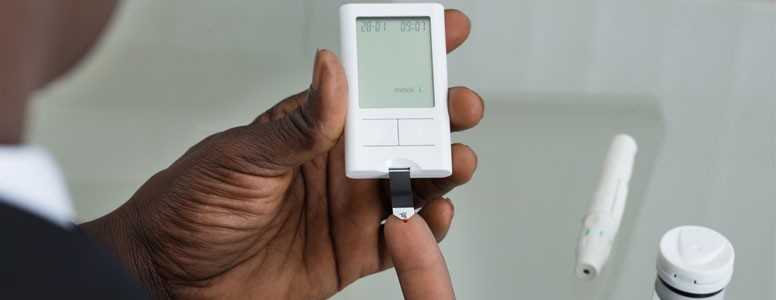A campaign to raise awareness of type 2 diabetes in minority ethnic communities will be taking place next month.
The project aims to highlight the increased risk of type 2 diabetes among black and minority ethnic (BAME) communities.
People who are at high-risk of developing type 2 diabetes will have the opportunity to be tested for it as part of the campaign being run during Diabetes Week (11-17 June).
The awareness drive has been organised by Dr Opeolu Ojo, who is a biochemistry lecturer at the University of East London (UEL), with events taking place between June 7-15 as part of a year-long programme of activities.
Evidence shows people from Asian and West African origins have a greater chance of developing type 2 diabetes, but there is limited information its risks among these communities.
Ojo said: “Available statistics clearly shows low level of awareness of risk factors, management and strategies for preventing diabetes among people from African Caribbean communities. Access to healthcare facilities and socio-economic factors largely contribute to increasing cases of diabetes in many African countries.
“Cultural beliefs also contribute to low level of awareness in many African settings. Many people in African Caribbean communities in UK, mostly migrants, will hardly go for a health check, are always working and always believe that you only go to hospitals when you are sick.”
The events are being staged in three London boroughs: Newham and Barking and Dagenham, which have higher BAME populations, and Havering, which has a low BAME population.
University students will be volunteering at the events, which will include screening sessions for type 2 diabetes through blood glucose checks. There will also be information leaflets available flagging up type 2 diabetes risk factors, and people will be encouraged to complete questionnaires about their lifestyle.
Ojo added: “It will also stimulate debate on the health implications of diets and other cultural activities that are particular to people from BAME ethnic background.”
What's new on the forum? ⭐️
Get our free newsletters
Stay up to date with the latest news, research and breakthroughs.








